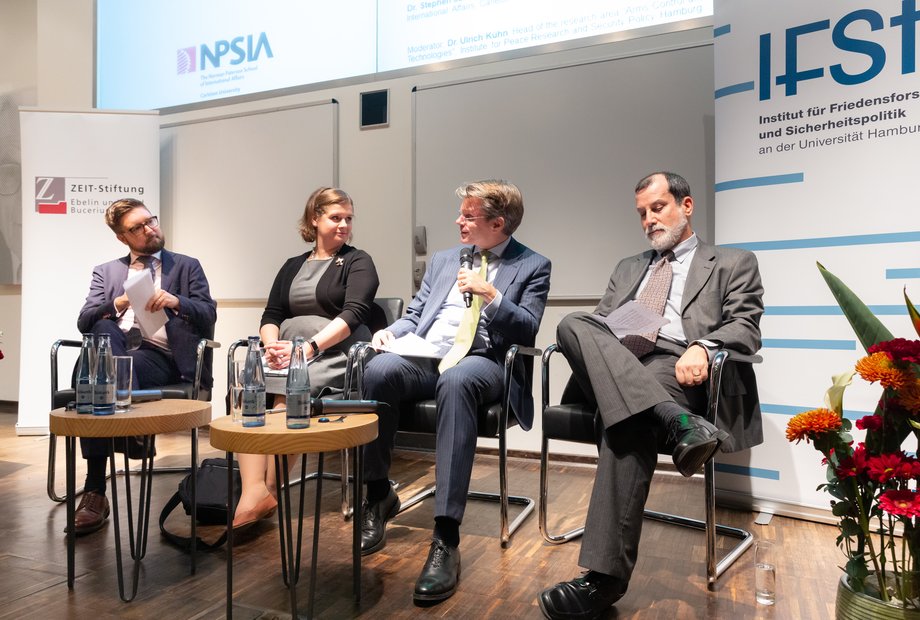The basic values of the Western world are beginning to waver. It is not only China, Russia, Turkey and other authoritarian states that are challenging the Western model of government and economy, but also the country that for a long time was the champion of Western values: the USA. US President Donald Trump is calling into question free trade and basic democratic values such as freedom of the press and freedom of expression. The result is punitive tariffs, embargoes and a worldwide arms race. Alongside Canada, Germany is now proposing an “Alliance for Multilateralism” (Foreign Minister Heiko Maas). Middle powers such as Germany and Canada are particularly dependent on the political and economic stability of their partners. How can Germany and Canada assume more political responsibility in the future, and how can they work to ensure the continued existence of Western values? What options do medium-sized states like Germany and Canada have, and where do they possibly have different perspectives? These were the questions addressed at a joint evening event hosted by the IFSH and the ZEIT Foundation at the Bucerius Law School.
Dr. Stephanie Carvin, Prof. Stephen Saideman (both from the Canadian Norman Paterson School of International Affairs (NPSIA) in Ottawa) and Dr. Christoph Schwegmann from the Federal Foreign Office discussed the topic on the podium, with IFSH disarmament expert Dr. Ulrich Kühn moderating the event. With regard to Germany's global role, Carvin stressed that it surprised her that Germany sees itself as “only” a mid-sized power. Saideman noted that Germany's influence is strengthened by the multilateral institutions it is involved in. Schwegmann, military policy advisor at the Federal Foreign Office, presented the agenda of the “Alliance for Multilateralism” proposed by Foreign Minister Maas.
This includes human rights, promoting democracy, and gender equality, as well as the regulation of cyber space, autonomous weapons systems, and climate policy. The panel then answered questions from the international audience on Canada and Germany’s stances on issues such as climate policy, e.g. the continued use of coal, how to deal with whistleblowers like Edward Snowden, and how to better educate young people – especially in Canada – about the work of multilateral institutions.





